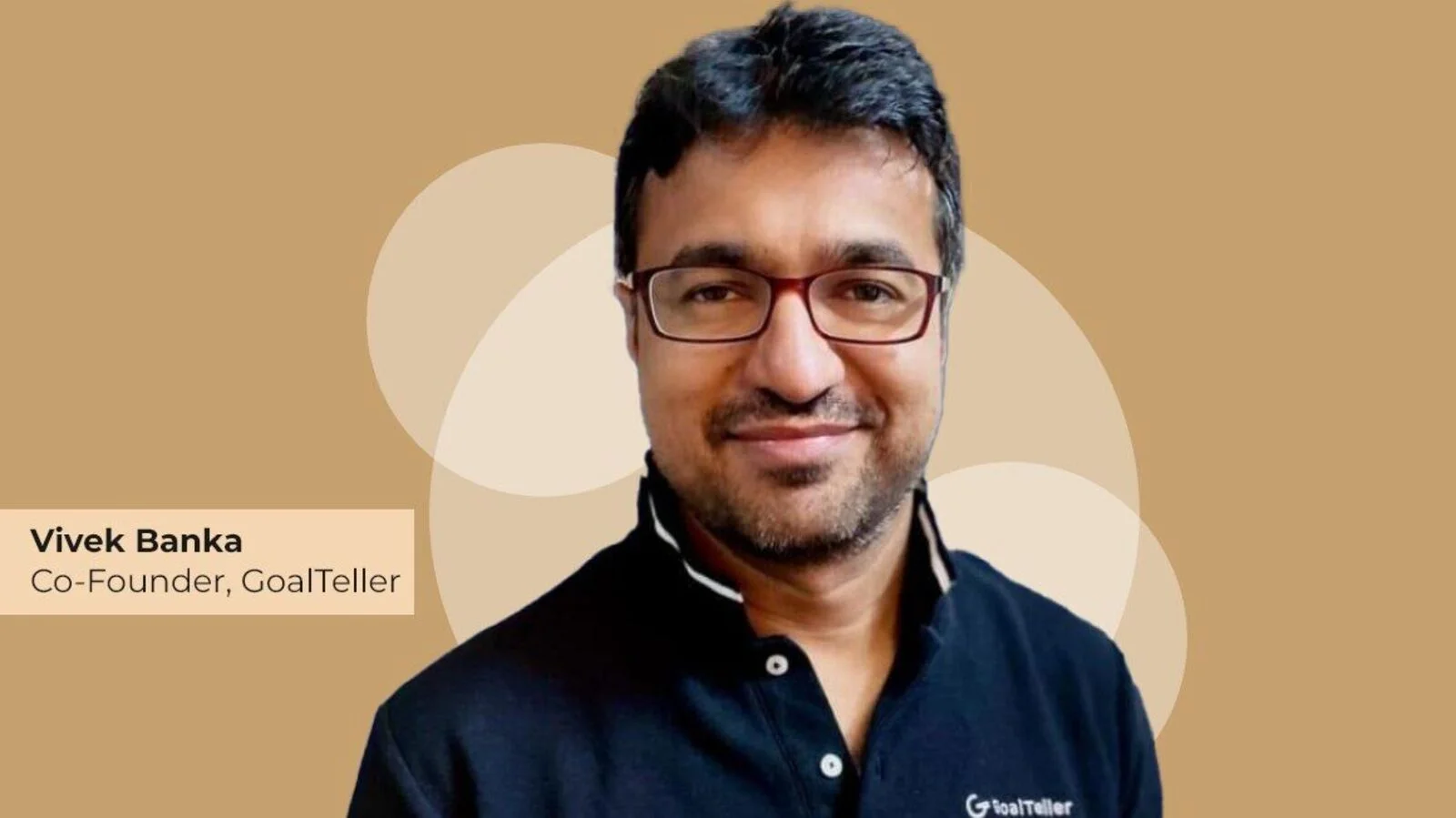
In an interview with MintGenie, Banka said that for investors in lower tax slabs, debt funds continue to be the best bet from a risk-return perspective where one can look at a return of around 7-7.5% annually with fairly low levels of credit risks.
The indexation advantage no longer applies to debt funds. Is it still wise to invest in them?
For high tax slab investors, debt funds might not be the best vehicle as both yields and taxation are unattractive. Despite the positive view on inflation and interest rates, we believe that there is only as much that interest rates can decline from current levels.
However, debt funds continue to be the best bet for investors in lower tax slabs from a risk-return perspective where one can look at a return of around 7-7.5% annually with fairly low levels of credit risks. For high-tax slab individuals, arbitrage funds, selective corporate bonds, and equity savings funds can be good choices.
Following the interim budget, which sectors do you think would be most impacted? Also, how do you advise investors to redesign their asset allocation following the announcements?
The interim budget was fairly non-eventful on the negative side, however few sectors that should continue to do well are PSUs and capital goods amongst others. One defining aspect of this budget was the government’s resolve to be fiscally very prudent and continue improving the balance sheet which bodes very well for interest rates and makes India very attractive for foreign debt inflows. This should have a positive bearing on all sectors that benefit from lower interest rates like banks, real estate, and even debt-heavy sectors that will be helped by lower interest costs.
Having said this, investors should not sway their portfolio basis specific events and should stick to diversified funds for the majority of their portfolio. For risky thematic or sectoral bets, they can set aside 10%-20% of their equity portfolio as tactical bets.
What is the first piece of guidance you give to clients who want to build a sufficient portfolio for upcoming needs?
Financial goal planning is an activity that is highly underestimated. During COVID-19, we saw individuals who had saved money for goals like kids’ education turn high and dry as markets suddenly cracked 30% and more during March of 2020. As a prudent financial planning practice, one should be very light on equities for any goals that are less than three years on the horizon, and even for longer-term goals as they approach the goal date/year they should reduce their equity exposure in a staggered manner to devoid themselves of any sudden stock market volatility. In addition, one should maintain six months of lifestyle expenses in a liquid instrument like fixed deposits and /or liquid funds.
How would you advise someone who wants to live the Financially Independent Retire Early (FIRE) lifestyle?
A lot of chatter and narrative on retiring early in social and mainstream media as well. Buoyant financial markets are adding to this chatter as increasing financial assets, high returns, job stress, etc. are making people think along such lines. Though it’s great to think of financial independence a few aspects that one should be very careful about while planning the required corpus to achieve this
Extrapolating returns made in equities or otherwise in the recent past is very dangerous and one should understand that equity returns aren’t linear and there could be some years or years at a stretch where the returns are negative as well. Added to this, one should bear in mind that while returns from equities are uncertain and non-linear, expenses are linear and certain and there is always a surprise in terms of unforeseen expenses that will need to be undertaken even in bad financial markets.
Please also bear in mind that over some time, there are taxes that you need to pay on your unrealised gains and the possibility of investing accidents that could reduce the return as well
Hence, one should be careful while planning for financial independence and keep sufficient cushion and liquidity (in non-volatile asset classes like fixed deposits and liquid funds) before undertaking any such step. Lastly do remember after a gap, getting back to a job is difficult both in finding one and adapting as well.
How much should investors allocate to gold, debt, and stocks when it comes to asset allocation?
Asset allocation is quite a personal thing, however few things to keep in mind before venturing out is that it is a combination of a) Risk Capacity and b) Risk Tolerance. Let me explain which itself should serve as an indicator of how one should play
Risk Tolerance is the emotional tolerance to risk which is generally answered by questionnaires and what would make one sleep peacefully with.
Risk capacity on the other hand is defined by the liquidity needs of the money and whether the investment can be sustained without the necessity of being liquidated during long periods of underperformance
Lastly one should also set broad limits, e.g., gold being a cyclical commodity is not something we recommend more than 10% of while for all long-term goals one can be fairly heavy on equities and within that lion’s share of large caps
What are your views on the current state of the stock market? What kind of investment strategy would you advise across asset classes such as equities, MF, debt, gold, real estate, etc.?
Considering the larger picture of India being in a super sweet spot from a macro standpoint, we feel one should look at best staggering their equity deployment over three to six months on the small and mid-cap size while large caps can be deployed immediately. Gold also considering the potential geopolitical scenario can be invested through SGBs while for fixed income/ debt, we recommend shorter-term investing.
Lastly, on real estate, we suggest only as an end use and land parcels only if one is sure of the ownership and can stay invested for a decade or more
The IT stocks are now valued at their desired levels. Should investors now consider making larger fund or investment allocations with a significant focus on the technology sector?
The software services business and the IT heavyweights seem to have had their pink years behind them and we don’t foresee them going back to the > 20% annual growth numbers hence can be played tactically for a value pop and don’t see it as a long-term buy and hold.
Technology we feel is best played through the Nasdaq which has themes that aren’t available in the listed space in India. Though it seems overstretched at the moment, over a long period, tech in the US should provide better opportunities for returns. However, investors in the high tax regime should remember that overseas funds are taxed at slab rates.
Unlock a world of Benefits! From insightful newsletters to real-time stock tracking, breaking news and a personalized newsfeed – it’s all here, just a click away! Login Now!
Download The Mint News App to get Daily Market Updates.
More
Less
Published: 27 Feb 2024, 08:44 AM IST









